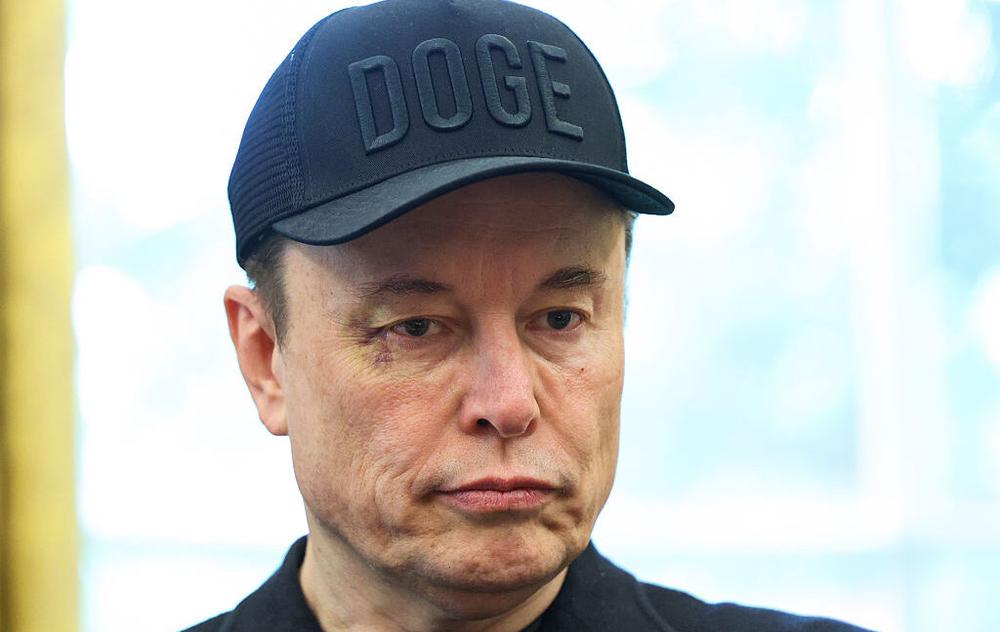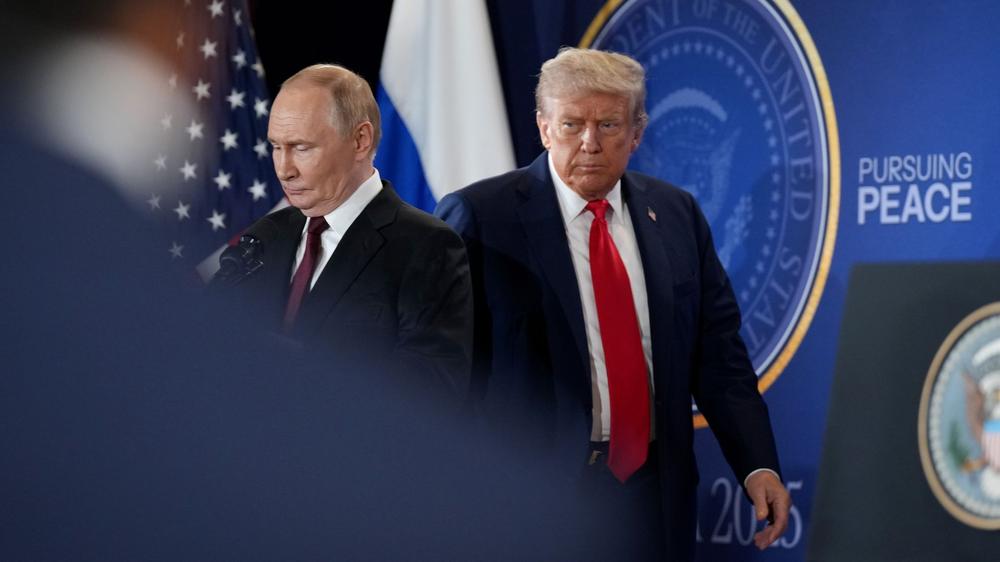Elon Musk's social media posts helped The New York Times win its fight to secure a list detailing the billionaire's top-secret security clearances after a US agency tried to block the disclosures by claiming that Musk had a right to privacy.
In an opinion issued Wednesday, US District Judge Denise Cote said that Musk publicly discussing his security clearances on X—as well as his drug use and foreign contacts—tipped the balance so that the public's substantial interest in the list the NYT sought clearly outweighed "any privacy interest" Musk may have.
"To the extent Musk has a privacy interest in the fact that he holds a security clearance, he has waived it," Cote wrote. Meanwhile, "the public has an interest in knowing whether the leader of SpaceX and Starlink holds the appropriate security clearances," as those companies "continue to provide the federal government with critical national security services and handle sensitive government information."
X posts “only enhance” public interest
The NYT's fight started with a Freedom of Information Act request in 2024. It was submitted before Musk became a "special government employee," leading the US Department of Government Efficiency (DOGE) until May after Donald Trump took office in January. But the fight dragged on as Musk's government involvement expanded beyond being a major government contractor. After Musk continued to publicly discuss his security clearances, the NYT filed a lawsuit in March to compel the document production.
Cote noted that Musk "publicly discussed his security clearance" at a public town hall in October 2024 and then again in a February X post.
"I’ve had a top-secret clearance for many years and have clearances that themselves are classified," Musk wrote, reposting a video of Congressman Mark Green (R-Tenn.). In that video, Green mocked critics questioning if Musk could be trusted "to dig in to how" the government is spending its money through DOGE, saying, "By God, he makes the rockets for NASA!"
Partly because of these public statements, the US Defense Counterintelligence and Security Agency (DCSA) erred in withholding a two-page document that listed Musk's security clearances, as well as "any details about the extent and purview of each of the clearances," Cote said.
"A disclosure, even with redactions, will reveal whether a security clearance was granted with or without conditions or a waiver," DCSA argued.
Ultimately, DCSA failed to prove that Musk risked "embarrassment or humiliation" not only if the public learned what specific conditions or waivers applied to Musk's clearances but also if there were any conditions or waivers at all, Cote wrote.
Three cases that DCSA cited to support this position—including a case where victims of Jeffrey Epstein's trafficking scheme had a substantial privacy interest in non-disclosure of detailed records—do not support the government's logic, Cote said. The judge explained that the disclosures would not have affected the privacy rights of any third parties, emphasizing that "Musk’s diminished privacy interest is underscored by the limited information plaintiffs sought in their FOIA request."
Musk's X posts discussing his occasional use of prescription ketamine and his disclosure that smoking marijuana on a podcast prompted NASA requirements for random drug testing, Cote wrote, "only enhance" the public's interest in how Musk's security clearances were vetted. Additionally, Musk has posted about speaking with Vladimir Putin, prompting substantial public interest in how his foreign contacts may or may not restrict his security clearances. More than 2 million people viewed Musk's X posts on these subjects, the judge wrote, noting that:
It is undisputed that drug use and foreign contacts are two factors DCSA considers when determining whether to impose conditions or waivers on a security clearance grant. DCSA fails to explain why, given Musk’s own, extensive disclosures, the mere disclosure that a condition or waiver exists (or that no condition or waiver exists) would subject him to 'embarrassment or humiliation.
Rather, for the public, "the list of Musk’s security clearances, including any conditions or waivers, could provide meaningful insight into DCSA’s performance of that duty and responses to Musk’s admissions, if any," Cote wrote.
In a footnote, Cote said that this substantial public interest existed before Musk became a special government employee, ruling that DCSA was wrong to block the disclosures seeking information on Musk as a major government contractor. Her ruling likely paves the way for the NYT or other news organizations to submit FOIA requests for a list of Musk's clearances while he helmed DOGE.
It's not immediately clear when the NYT will receive the list they requested in 2024, but the government has until October 17 to request redactions before it's publicized.
"The Times brought this case because the public has a right to know about how the government conducts itself," Charlie Stadtlander, an NYT spokesperson, said. "The decision reaffirms that fundamental principle and we look forward to receiving the document at issue."

 A Knight of the Seven Kingdoms channels Star Wars in the first trailer for Game of Thrones prequel
A Knight of the Seven Kingdoms channels Star Wars in the first trailer for Game of Thrones prequel